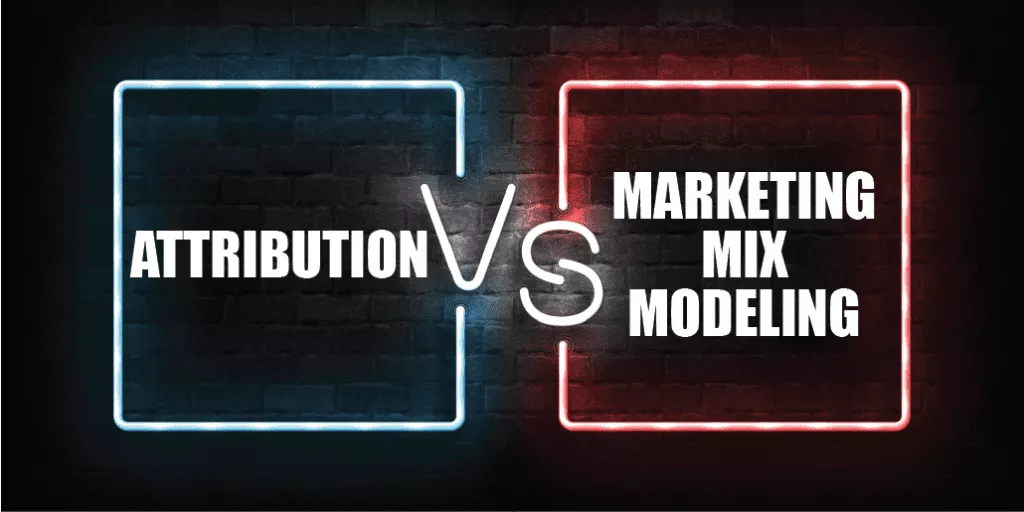In the world of digital marketing, attribution analysis has long been the go-to method for measuring the effectiveness of campaigns. However, traditional attribution models have their limitations, primarily failing to consider the impact of mass media, in-store activities, promotions, and brand equity. As a result, the credit given to online advertising is often inflated, creating an imperfect picture of a brand’s performance. Additionally, the reliance on cookies and individual tracking has been challenged by privacy laws, making it harder to gather the necessary data for accurate attribution analysis. In this context, marketers are in need of a new measurement system that can leverage aggregate data from various sales influencers. This is where Marketing Mix Modeling (MMM) comes into play.

Marketing Mix Modeling: A Holistic Approach
Marketing Mix Modeling has been a reliable tool for many industries that typically lack individual consumer data, with online sales representing only a fraction of their total sales. Unlike attribution analysis, MMM takes into account daily/weekly data for sales and inputs, including promotions, competitive activity, and offline and online advertising. By considering these factors holistically, MMM provides marketers with a more comprehensive understanding of the effectiveness of each marketing channel within the larger marketing landscape.
Advantages of MMM for Online Marketers
For online marketers, adopting MMM can offer a range of benefits, enabling better budget allocation, uncovering synergistic effects of media combinations, optimizing marketing returns, and evaluating the impact of different types of content (such as video vs static) on a website. By utilizing MMM, marketers can make informed decisions about where to allocate their resources, ensuring that their campaigns are both efficient and effective.
The adoption will require that the MMM solution is based on a high definition approach, which means that it works with much granular data and can assist online marketers with answering questions not only on channel level, but down to formats or media types.
See example for such solution here
Challenges and Rewards
Deploying MMM does require discipline on the marketer’s part. It involves collecting comprehensive data from various sources, regularly updating that data, and possessing the ability to run statistical models. While this may require additional effort, the rewards are worth it. As the saying goes, “nothing worthwhile is achieved without hard work.” Over time, the initial challenges will diminish as processes, such as structured data collection and model validation, become automated. With the existence of tools and technologies to support MMM, the next step is for marketers to embrace this approach and harness its full potential.
Conclusion
While attribution analysis has been a dominant force in digital marketing measurement, its limitations are becoming increasingly apparent, especially in the face of privacy regulations. Marketing Mix Modeling offers a powerful alternative, allowing marketers to consider the broader marketing landscape and make data-driven decisions. By adopting MMM, online marketers can achieve better budget allocation, understand the synergies between different media channels, optimize their marketing efforts, and gain valuable insights for every dollar spent. Though implementing MMM requires initial effort and discipline, the long-term benefits far outweigh the challenges. It is time for marketers to embrace the potential of MMM and usher in a new era of effective and efficient digital marketing strategies.
The future tools will be developed based on the MMM approach, but with much high granularity as well data dept. Tools will be developed depending on the use case and teams working with them. Cookie-less attribution tools like Luminous for very operational tasks and MMM platforms for more agile follow ups.

